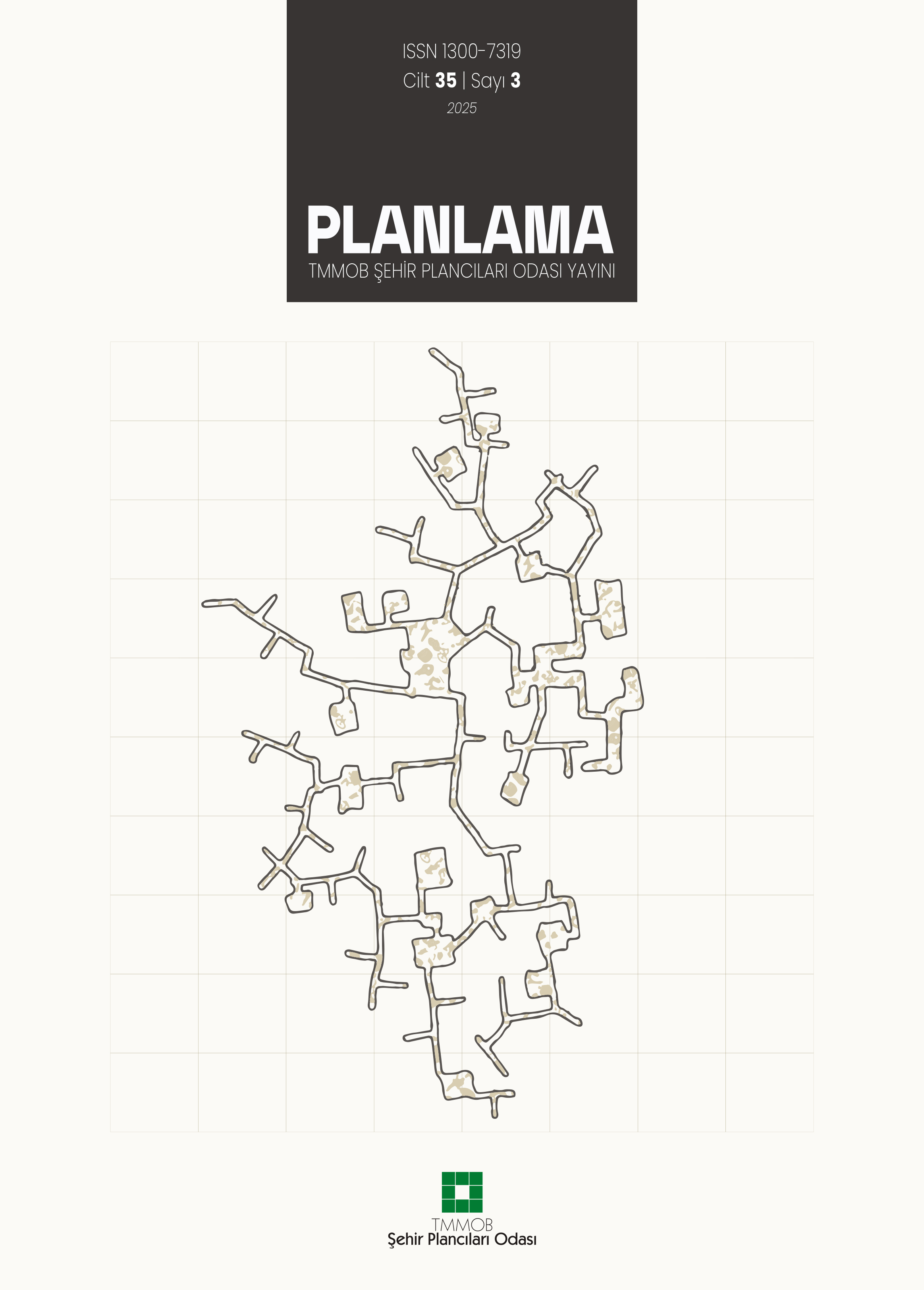Tasarımda Değer-Yarar İlişkisi ve Temsil Problemi Üzerine Bir İrdeleme
Murad Babadağ1, Oğuz Haşlakoğlu21Bahçeşehir Üniversitesi Mimarlık ve Tasarım Fakültesi, Endüstriyel Tasarım Bölümü, İstanbul2İstanbul Teknik Üniversitesi Mimarlık Fakültesi, Sanat Tarihi Bölümü, İstanbul
Bu makalede, iyi tasarım kavramının önce değer bağlamı, yapma/olma ilişkisi üzerinden, bilginin değere dönüşmesi ve iyi çerçevesinde, sonra da, yine yapma/olma ilişkisi kapsamında çağdaş tasarım yaklaşımlarıyla kıyaslanarak irdelenecektir. İnsanın tasarım yoluyla bilgi ve değer bağlamı üzerinden kendisini bir tür olarak nasıl doğayı araçsallaştırarak ayrıcalıklı bir konuma getirdiği, temsil inşa edebilme vasıtasıyla kendini bir tür olarak nasıl tesis ettiği ortaya konulmaya çalışılacaktır. Doğada hâlihazırda duran bir malzeme ve kuvveti birleştirerek bu yaptığı nesne üzerinden değer kavramını keşfetmesi ve bu keşfi mimetik eylem sayesinde yapabilmesi irdelenecektir. Öte yandan insanın bu faaliyet vasıtasıyla edindiği ve diğer canlıların yapamadığı seviyede temsil yapabilmesi sayesinde benlik tesisinin nasıl kurulduğuna dair bir öneride bulunulacaktır. Böylece yapma eylemi üzerinden bilgi ve değer bağlamının nasıl bizatihi insanın olma esasında kendisini ürettiği araştırılacaktır.
Anahtar Kelimeler: Bilgi, değer, tasarım; taş alet; Tekhnê; yapma/olma; işlev; yarar; iyi.
A Discussion on the Value-Utility Relationship and Representation Problem in Design
Murad Babadağ1, Oğuz Haşlakoğlu21Bahçeşehir University Faculty of Architecture and Design, Department of Industrial Design, Istanbul2Istanbul Technical University, Faculty of Architecture, Department of Art History, Istanbul
This article first examines the concept of good design in the context of virtue, with respect to the making/becoming relation, as part of knowledge turning into virtue and the concept of good, then compares it to the contemporary approaches of design again with respect to the making/becoming relation. An explanation of how humans privilege themselves as a species by using nature as an instrument by means of design based on the contexts of knowledge and virtue will be attempted. The fact that humans learn and experience the ways of acquiring the knowledge of making, of protecting and transferring that knowledge on one hand, on the other hand, they attain the concept of virtue through the tool they have made that functions properly and completely will be discussed. In this way, how the context of knowledge and virtue produces itself in the principle of being that is actually of humans will be investigated through the action of making.
Keywords: Knowledge, virtue, design; stone tool; Tekhné; making/be-coming; function; utility; good.
Makale Dili: Türkçe














